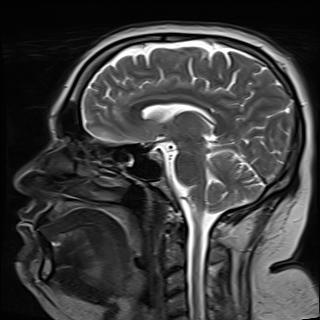Films and TV shows and more often have subtitles, which are helpful for enjoying muted video, translation, people with hearing impairment, people struggling to understand accents, checking fast unclear dialogue and other reasons. They are important, and sometimes it’s clear when they do something right or wrong.
Maybe we can’t expect them all to be works of art, but there are certainly some easy wins even in the industrial media environment. What do you think?
The thing that annoys me in subs of foreign-language things, is where a very simple or recognisable sentence gets turned into something else. Not in a “localisation” way, where extra context is needed. Just in a weird way.
Audio: Arigatou, @meejle@lemmy.world-san.
Subtitle: Thanks, @meejle@lemmy.world, I really appreciate it.Audio: Ja.
Subtitle: OK, I’ll see you there!This seems a lot more common in “official” subs of anime, nordic noir, etc. Fan-subs seem a lot more accurate.
I’m not sure why subs would be so weird and verbose. Maybe the translator is afraid the implication (rather than literal meaning) will be lost somehow, but really, ‘ja’ isn’t some loaded enigma.
On a side note, fan works (anything from subs to software to upscales and remasters) tend to be better, done out of passion rather than just an industrial chore.
I love when translators add cultural explanations in fan subs of animes.
This is not an example of that:

Oh, and for some stupid reason professional subs never translate the theme song. Fan subs do that. I used to have a version of Evangelion where it would alternate between the translation and Japanese lyrics in roman letters, that was nice.
One trend which annoys me is having meaningful non-English simply listed as ‘[speaking language]’

Even worse is when, despite being another language, a common word (whether homophonic or loan words) would by understood regardless, just isn’t present in the captions.
The version of this I hate is when a program has built in hard sub translation for foreign language sections, which get covered up by the soft subs only saying “< speaking [language] >”. So now my deaf ass can understand one language or the other, but not both without toggling captions on and off constantly.
You should check out the BBC guidelines for subtitling. They are really good and include preserving the intent of the program, avoiding ambiguity, and not spoiling jokes with bad timing.
An interesting example I saw was in Archer. During an agitated rant, Archer finally interjects demanding someone answer the phone. The next shot is a plain still shot of the telephone, which the captions helpfully emphasise [PHONE NOT RINGING]; a recurring joke is Archer’s constant ear-ringing due to careless gun use.
Having seen other, more careless translations, I can easily see jokes (or in other contexts, important clues) like this being missed and it made me think about how film techniques can imply audio silently. If there’s a plain shot of a phone, a hearing impaired person might reasonably assume it’s a visual implication that the phone is ringing.
What I like with UK subtitles, is that different characters get different colours. With translation subtitles this never seems to happen.
Some helpful caption/subtitles is for videos which don’t have dialogue but add information to what’s going on. One example is primitive technology but there are plenty of other skill presentations/tutorials where the how and why is spelled out in the subtitles while the actual audio is just peaceful melodies to enjoy watching someone work too.
May be a small one, but a big pet peeve of mine with captions/subtitles is when they don’t put the exact spoken words into text, like when they shorthand a phrase or change up the wording a bit so it uses less typed characters/words. Idk why, it just bugs me a bit cause it’s not what they said.
I believe sometimes it’s done because there’s a lot to read and it might be (considered) too hard to read in real time. Which I understand, but it also annoys me too. It’s not what they said, and sometimes the way someone phrases something is important even if they don’t cut out important information, it can hint at their character or their emotion.
The subtitle firm and the voice over firm do not work together in Germany, so most of the time they are saying completely different things. Most of the time they have generally the same meaning, but sometimes that shit goes opposite directions xD
Best example: Earth 2 complete series DVD

Subtitles up high during opening credits.

The upper one is read first.

Speaking off screen right of camera.
I think there is some sort of automated system being used often because I have seen the same spoken word by a character some up as different words and sometimes its even almost a catchphrase yet it comes up with it differently.









